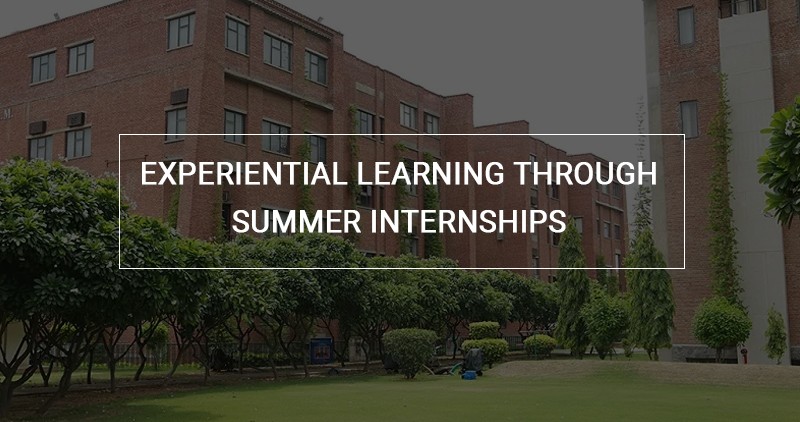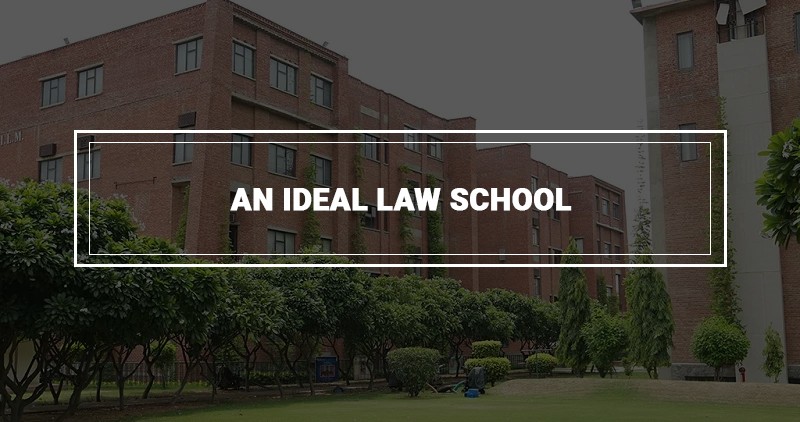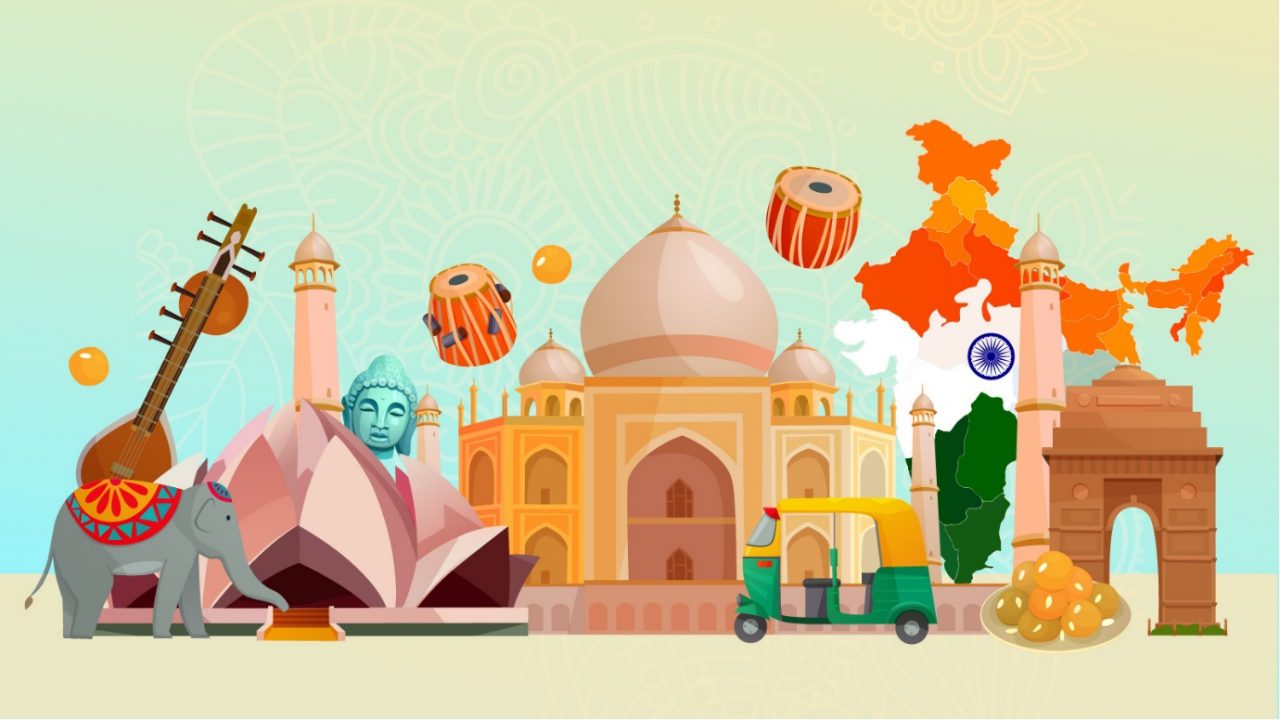I was reading in the morning paper about how a game of Ludo saved our lives during the lockdown. The collective power of distracting ourselves from the pandemic glued people the world over to gaming. Obsession and now so much time on hand, made some people go back to board games, especially Ludo- the traditional four players’ game. Families hurdled up together for some fun time, given when they were free from their work from home schedule to enjoy each other’s company. Some took to phones and started playing ludo with friends and family near and far to play ludo on the app. It was all good fun and in essence, has taught many of us the virtues of living life. Pandemic was not only an eye-opener for so many of us who were living life in the fast lane but was also an insightful year to reflect and relax in life- we only get it once.
Ludo as explained by Wikipedia is a strategy board game for two to four players, in which the players race their four tokens from start to finish according to the rolls of a single die. Two, three, or four can play, without partnerships.
This game brings out the best in us- to win and go home and be happy or the worst- to keep killing other players’ tokens so that you can overtake them and win. A lot of animosities also stems up from those who are not interested in being killed and sent back to wait for a roll of dice to make a six and be released all over again in the game. This game is not for the weak-hearted, as only the most meticulous, careful, and fully aware player will make it first to home without a scratch.
Like others, I always begin the game hoping for my dice to show six so that my tokens will freely roam around the square of the board, only to occasionally meet threats from other players, who would be determined not to let my token take a peaceful walk by home, unscratched.
So, while I am rejoicing for my tokens and at the same time worried that other players may not harm me, I wonder, do we all play fair? Do we all think alike? Is it true that like-minded people think alike?
Thinking is a mental process of experiencing present events and making critical judgments from past experiences. Thinking is used almost every second of our living and most of the time engage in thoughtfulness without even thinking. It is like a habit you flow into without you realizing you are doing it (nail-biting for example).
We all display similar yet unique styles of thinking even though we can be characterized into personality types, yet something in our nature makes us individually unique. To explain how we think, I will bring in Sternberg’s ideology of thinking styles.
Sternberg (1988,1997) proposed his own theory of thinking styles, a theory he named the “theory of mental self-government”. He used the metaphor of mental self-government to portray how the human mind works. His theory postulated 13 different mental styles to manage our daily activities. To make it simpler, I would like to explain different mental styles with examples of players on a Ludo game and their strategies to win.
A legislative player will use his own method, not follow others, and look for winning moments but creatively.
An executive player will follow only a structured method and hopefully will not cheat.
A judicial player will evaluate other players’ moves and constantly comment in the game at them.
A monarchic player will spend all his energy on one token to safety than putting all his tokens in the game.
A hierarchic player will put all his tokens out in the game and make the most calculative moves to save his tokens.
An oligarchic player will be in a hurry to win and will move without looking in the game.
An anarchic player will go all out to win, unlike an executive, unlikely to see risk assessment of other players moves.
A global player may look like a loser in the beginning but will keep looking at the bigger picture than a quick win.
A local player will keep thinking, time-consuming player of the game, and take small steps.
An internal player is someone only playing for himself even if it is a group game, no partnership, no mercy to others.
External player unlike internal player is playing with everyone, will let others go at times than cutting their chance and putting them back in the box. He likes partnership.
A liberal player will keep changing his own strategies to surprise other players with unpredictable moves in the game.
Conservative player will be the predictable player of the game, everyone will know his moves even before he moves his tokens.
We like the players in Ludo have different thinking styles which we display in different scenarios when thinking critically and working through problem-solving. To make effective decisions, most of us jump from one thinking style to another, maybe from personal to professional concerns of decision making.
There is no one reason to explain this variation, but yes, some generalizations can be as to how skilled we are, varied past experiences, the seriousness of problem-solving, time at hand, and of course our temperament influences the way we think and from that thinking behave.
To conclude, thinking influences all facets of our life even when we are mindlessly doing something, say as simple as a board game. Interestingly, even if everyone knows how to play ludo, they will always play it differently than the last time; just like our thinking styles alike- yet different.








 AMITABH MUKERJI- A Defence Officer who is also pursuing Masters in Psychology from IILM University..
AMITABH MUKERJI- A Defence Officer who is also pursuing Masters in Psychology from IILM University..